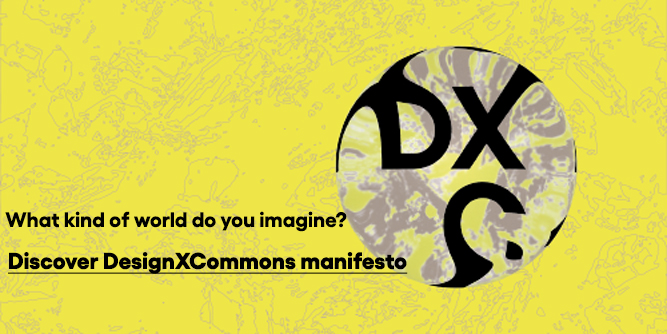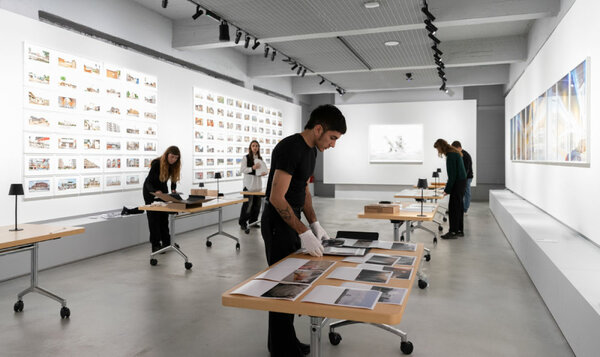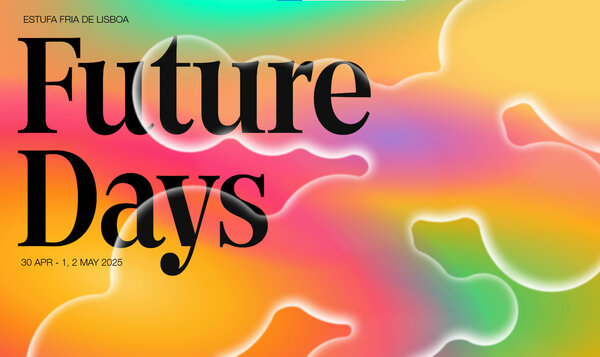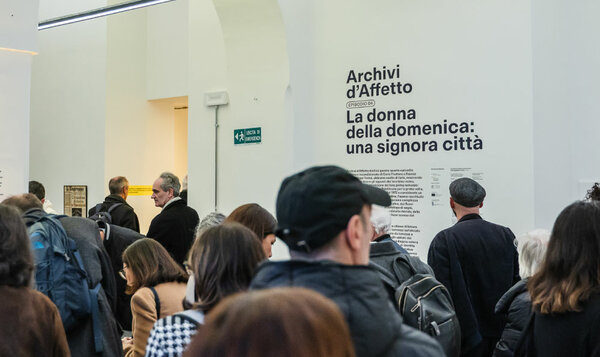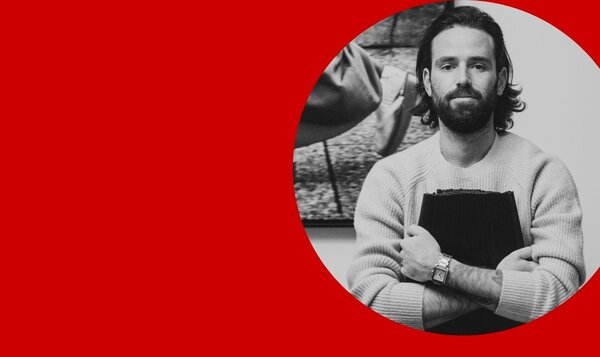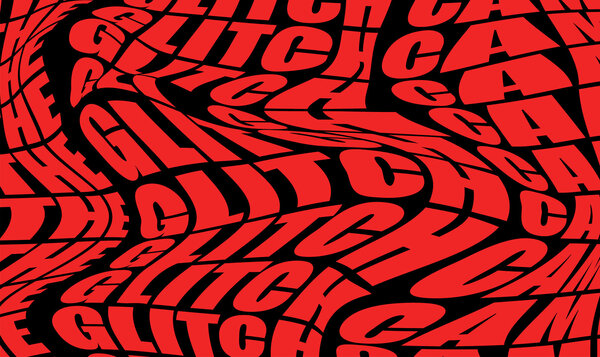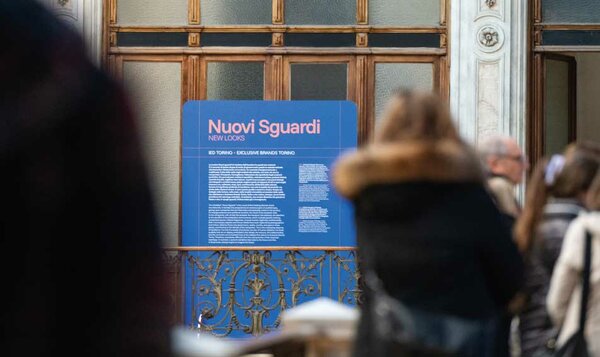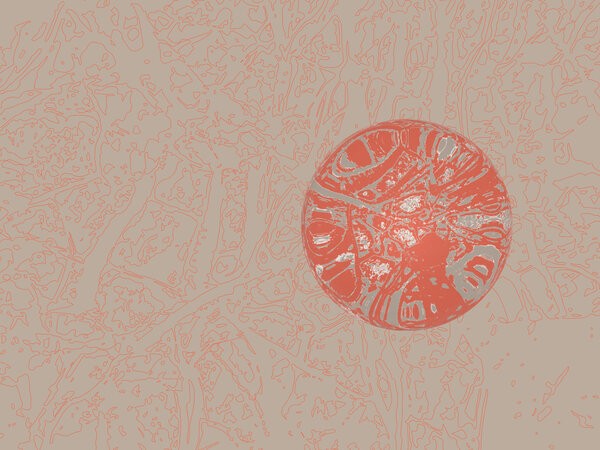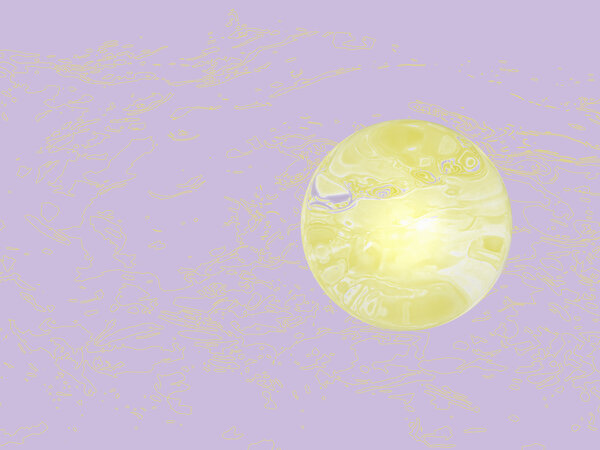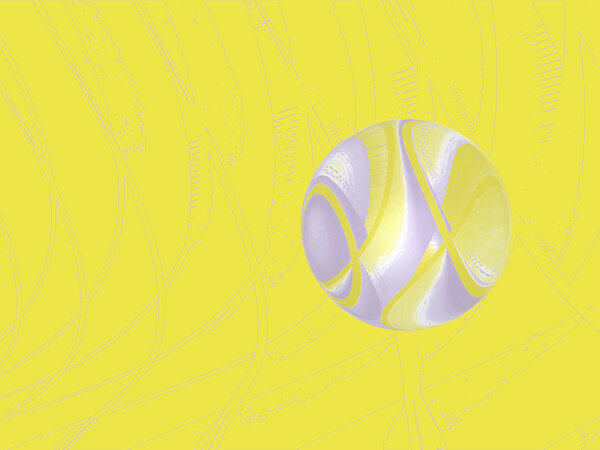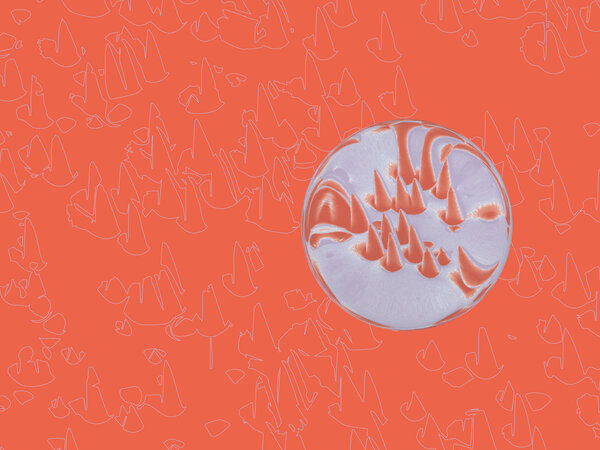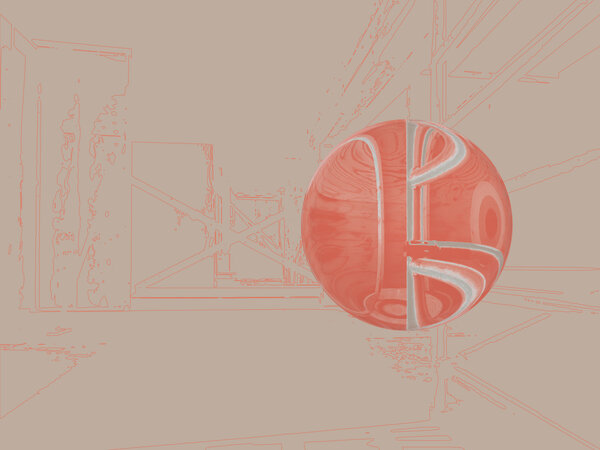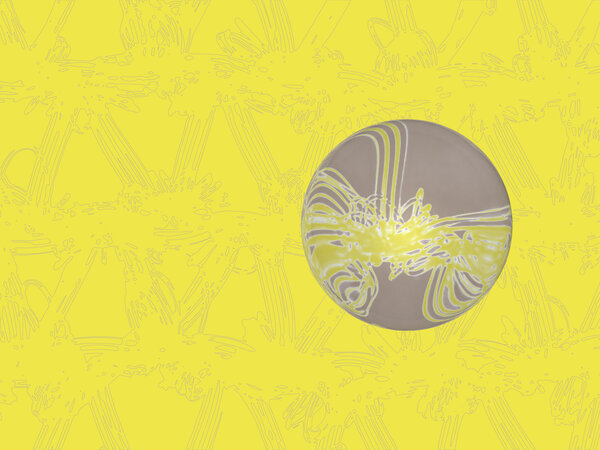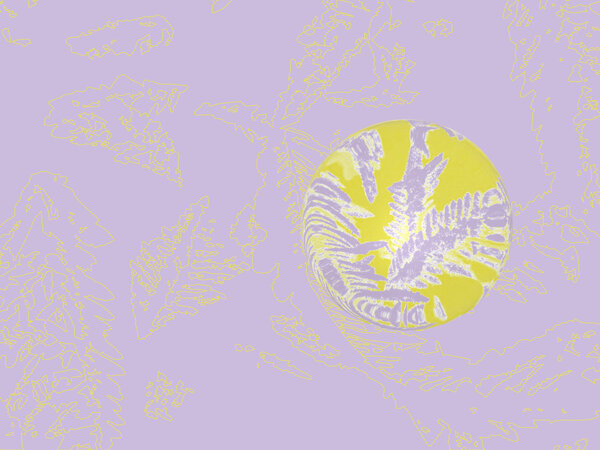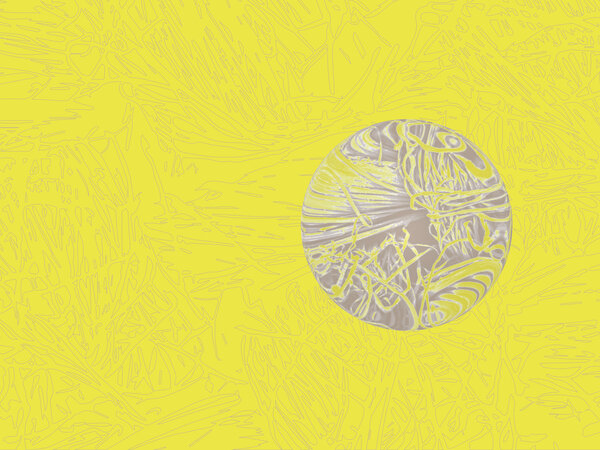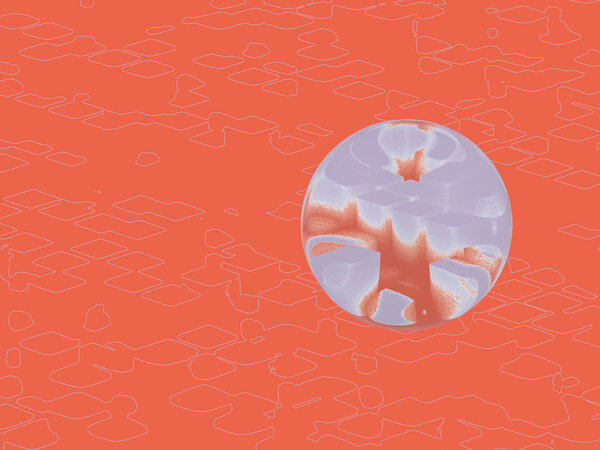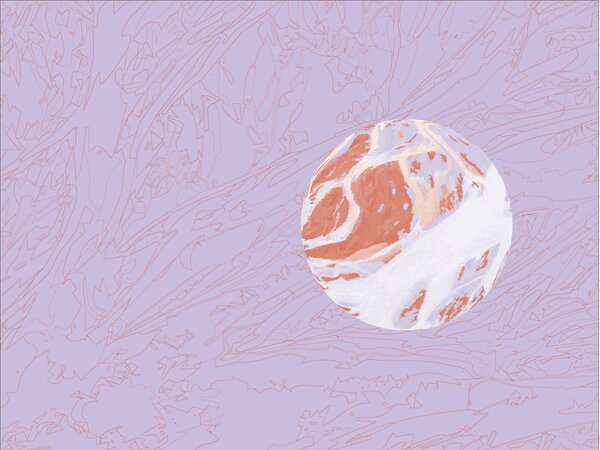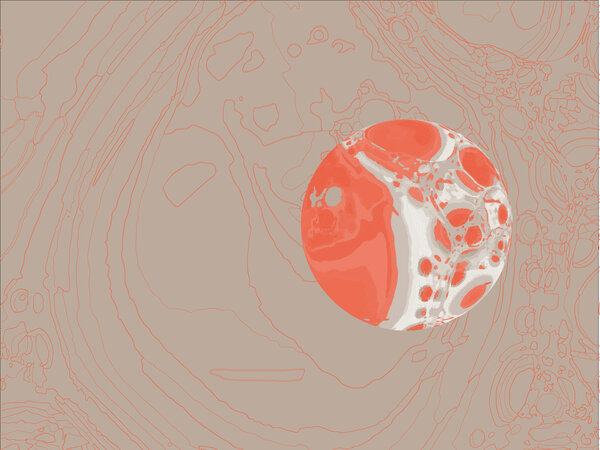DesignXCommons means caring about the world by listening attentively and using Design as a transformative platform.
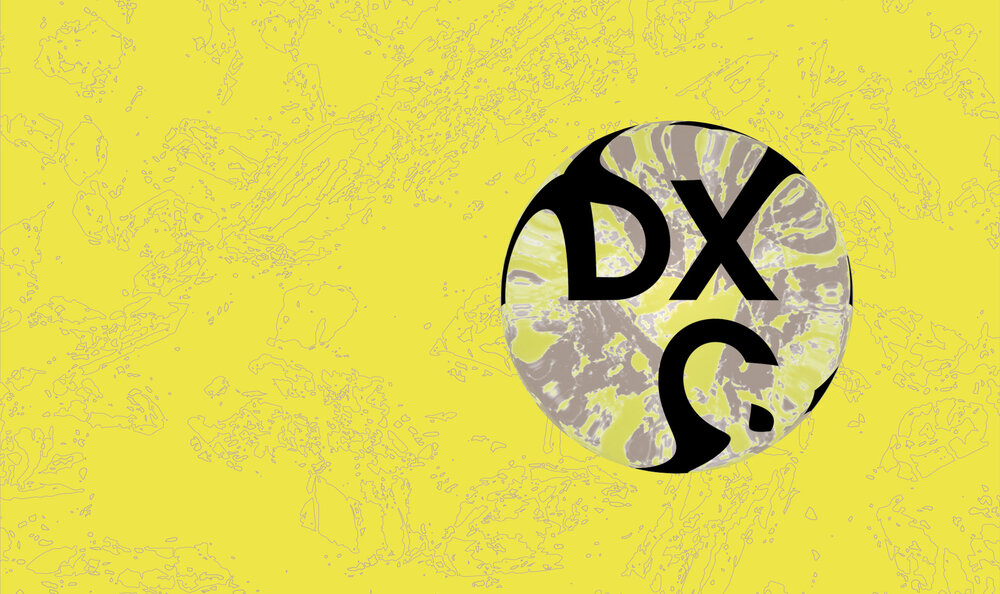
DesignX Commons is the design focus of IED Master of Arts programs
Date
11 March 2024
IED-Istituto Europeo di Design has been a protagonist in the world of design for over 50 years, and had a privileged point of view on the changes in society.
The world is increasingly complex, interconnected, limited in resources and thus it became the scene of growing economic and social injustices.
In this scenario, it is essential to imagine design as a transformative platform to start taking care of the world, genuinely, with listening and attention.
The power of imagination allows designers to respond to the changing needs of society and the environment, to adapt to emerging technologies and to formulate new design questions by anticipating future challenges.
What are Master of Arts (Diploma Accademico di Secondo Livello) for IED?
Starting from these ideas, we have built the training offer of our Master of Arts (Diploma Accademico di Secondo Livello) according to the concept of DesignXCommons, in the sense of design applied to the regeneration, integration and sharing of common goods.
By designing for the common good, students broaden the technical skills acquired in the undergraduate three-year courses, deepen their independent critical thinking with respect to the urgent challenges of the present and develop a methodological approach capable of provoking significant changes, recognizing the interdependence between design decisions and the impact on people, society and the environment.
The specialized two-year courses are configured as a continuous and dynamic learning environment, where students take an active part in interdisciplinary projects together with experts from different sectors, experiment with innovative methodologies, participatory governance models and sustainable practices, essential for the success of transformative interventions and of the management of common goods.
What are thee common goods?
From the traditional intepretation including concepts such as land, water, forests, to the extended one welcoming the atmosphere, climate, biodiversity, but also knowledge, patents, local knowledge, internet, the transport system, healthcare, food and social safety.
How to apply the DesignXCommons design focus in the Master of Arts (Diploma Accademico di Secondo Livello)?
Designing for the common good means desiring a more equitable, sustainable, inclusive future, in which imagination and creativity are of fundamental importance, and in which shared resources are cultivated, protected and accessible to all.
With this purpose, DesignXCommons becomes the design focus of our programs and determines their areas of application: from the study and use of sustainable materials and fibers to the adoption of circular practices and regenerative methods in the production processes of design and fashion, from digital ecosystems functional to the narration of complexity, to urban regeneration and public spaces, from natural ecosystems to social infrastructures, all conceived as material or immaterial platforms of co-design and collaboration, including more-than-human entities and systems, such as technology and other species.
Inserting the issue of commons at the basis of the Master of Arts (Diploma Accademico di Secondo Livello) means acknowledging that design has always had and continues to have a fundamental social role in making accessible a future linked to the themes of diversity, community, accessibility to resources and services in the transition towards an eco-social renewal.
What is the IED Master of Arts (Diploma Accademico di Secondo Livello) academic offer?
In the cities of Milan, Rome, Turin and Florence, IED offers Master of Arts courses in English or Italian in the fields of Design, Fashion, Communication and Visual Arts:
Communication and Creative Technologies. Design di sistemi complessi e multimodali
Design for Public Spaces. Placemaking e rigenerazione urbana
Design X Other Species. Ecological Practices, More-than-human Futures.
Fashion Design. Circular Practices for the Fashion System
Interaction Design. Crafting tomorrow’s experiences
Interactive Environments. Nuove tecnologie per l’arte, la cultura e il territorio
Interior and Furniture Design. Hacking Tradition: Reinventing Craftsmanship and Materials
Interior Design. Ecologie dell'abitare contemporaneo
Interior Design. Spatial Practices for Gathering CulturesPainting and Digital Art
Product Design. Techno-Bodies for Equal Futures
Textile Design. Eco-Threads: Materials and Circularity
Visual Communication. Critical Narratives in Post-Digital Worlds
Visual Communication. Data Ecologies for Decoding Complexity.
